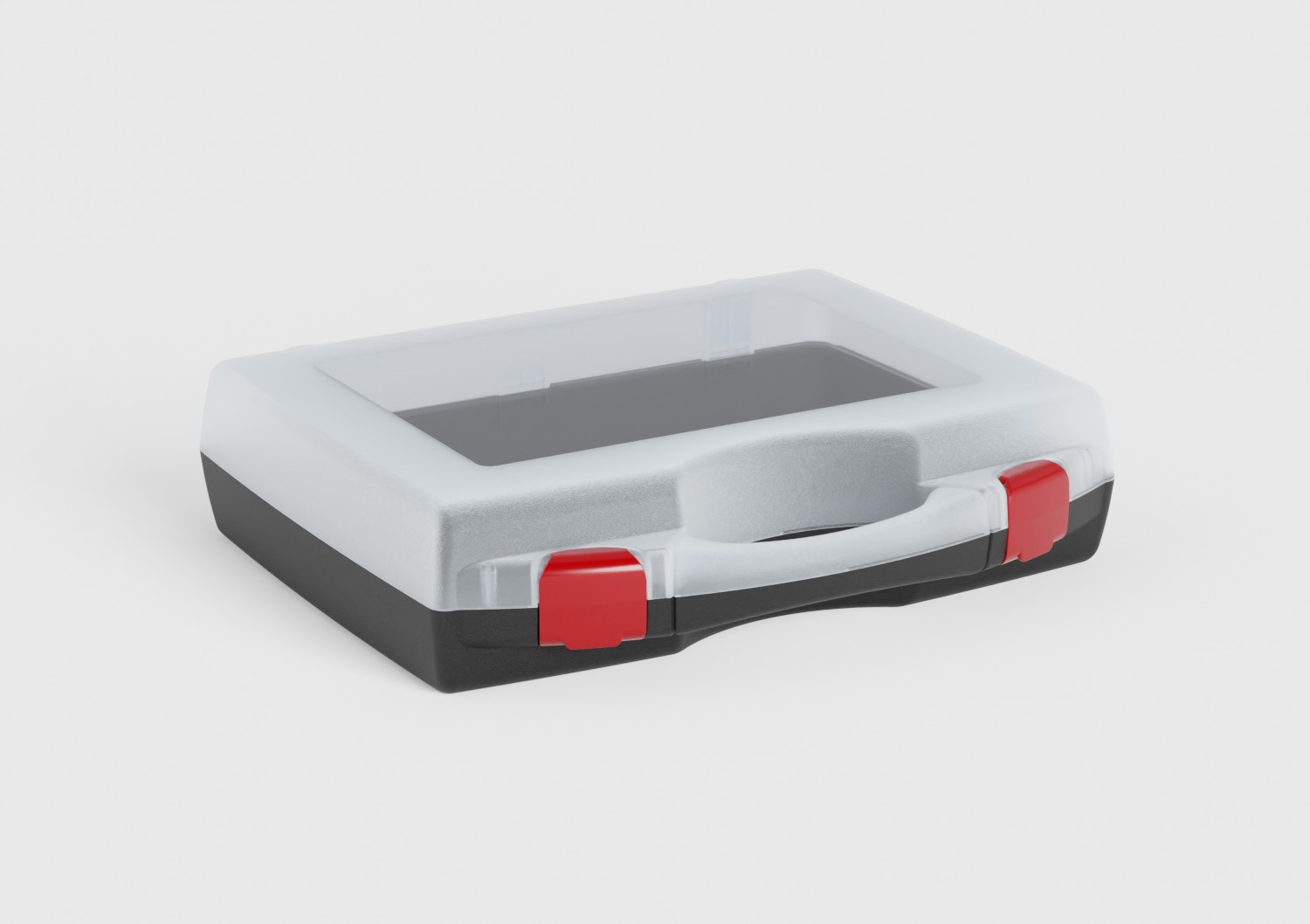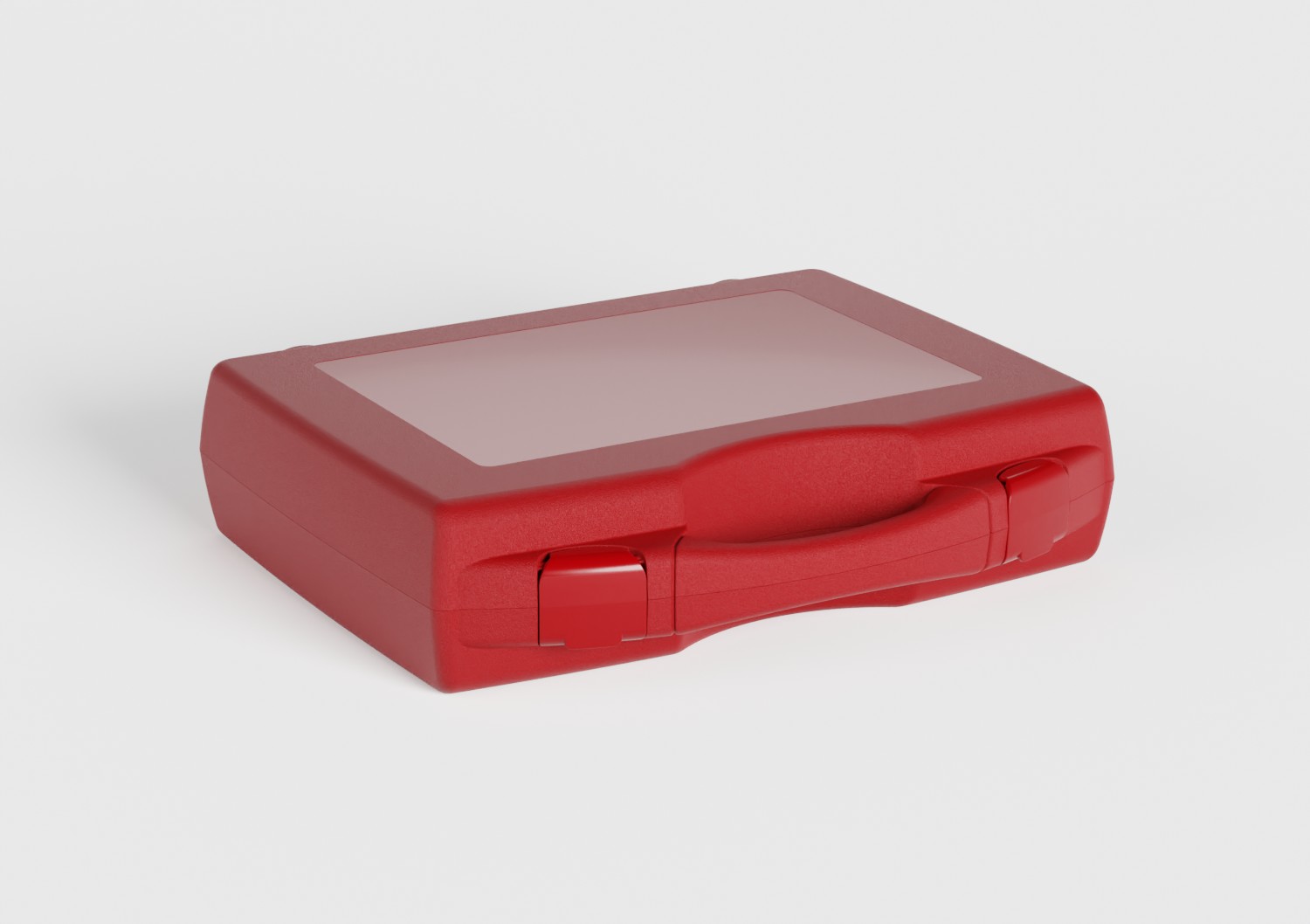Products - Simmons Plumbing & Heating - seabrook pump
Exciting to see the Lyfebulb team at work, connecting with people undergoing dialysis. Dialysis is a necessary life-sustaining treatment for people with kidney failure who do not have access to a kidney transplant. While it is important for extending lives, we should not overlook the challenges that come with this form of treatment. As a clinician, I am always focused on optimizing health and quality of life at every stage of a health journey. Learning from patients is key to making that happen. #dietitian #registereddietitian #dialysis #chronickidneydisease #qualityoflife
Myth ⏩ Patients must buy a dialysis machine to use at home. FACT ⏩ Dialysis clinics will provide the machine and supplies to patients who need them for home use. Help your patients learn more about home dialysis by checking out the resource from the ESRD National Coordinating Center, which busts common myths. https://bit.ly/3sYnBnt #Dialysis #HomeDialysis #KidneyDisease
Of the 135,000 who experienced kidney failure in 2021, 96% started on dialysis. Nearly 400 people do so every day across the country. Earlier this year, a survey was conducted by Lyfebulb and Renalogic to gather insights from individuals who have experience with dialysis. Over 200 people responded. The findings provide invaluable insight into the challenges faced by those receiving dialysis treatment — and its impacts across every aspect of a patient’s life. Outside of the standard twice yearly ICH-CAHPS survey, few attempts have been made to understand the broader dialysis patient experience. As a result, we operate in silent silos— one treatment at a time, three million times a year. This survey is an important reminder of why we are all here. For me at least, it’s a call to action as much as it is a call to reflect on our collective mission to improve peoples’ lives. Well, the people have spoken. We know what needs to done. How will we get there— and who will lead the way? *** Signals From [Space] has the exclusive first look at survey results ahead of the full report release coming later this week. Read my latest Signal below: 📡 https://lnkd.in/ehNHeMSZ
JavaScript seems to be disabled in your browser. For the best experience on our site, be sure to turn on Javascript in your browser.
Which interface would you choose? Why should it be any different for your peritoneal dialysis (PD) cycler at home? Discover some of the reasons the Liberty® Select cycler is a great option for PD patients: 🔵 Large color touchscreen 🔵 Intuitive user interface 🔵 Step-by-step on-screen instructions With PD therapy, you have a choice... choose innovation. Learn more about the PD cycler that fits your needs: https://bit.ly/3WCwUKK Indications for Use: The Fresenius Liberty Select Cycler is indicated for acute and chronic peritoneal dialysis Caution: Federal (U.S.) law restricts this device to sale by or on the order of a physician. Note: Read the Instructions for Use for safe and proper use of this device. For a complete description of hazards, contraindications, side effects, and precautions, see full package labeling at https://bit.ly/3Lz6e7f.

The proof of the suitability of the packaging in combination with the medical device to be packed must be provided by the manufacturer.
There are two main types of dialysis: hemodialysis and peritoneal dialysis. Hemodialysis involves using a machine to filter the blood outside of the body, while peritoneal dialysis uses the lining of the abdomen to filter the blood. As for kidney transplant, it involves replacing the damaged kidney with a healthy one from a donor. The donor can either be a living person or a deceased donor. However, it's important to keep in mind that not everyone is a candidate for kidney transplant, and some people may have to undergo dialysis for the rest of their lives. Disclaimer: The information provided in the previous message was taken from publicly available sources on the internet. While we make every effort to ensure the accuracy and reliability of the information, we cannot guarantee its completeness or usefulness for any particular purpose. Therefore, we advise you to consult with a qualified healthcare provider before making any decisions based on this information.
Did you know?... Continuous ambulatory peritoneal dialysis (CAPD) is the most prescribed home dialysis modality in the world?¹ The stay•safe® CAPD system is a therapy option to help patients thrive at home. Our unique PIN technology reduces the number of openings by 50%, which may reduce the potential risk of touch contamination. ✅ Simple ✅ Safe ✅ Effective Learn more: https://bit.ly/4bW3bAS 1. Wang AYM, Zhao J, Bieber B, Kanjanabuch T, Wilkie M, Marshall MR, et al. International comparison of peritoneal dialysis prescriptions from the Peritoneal Dialysis Outcomes and Practice Patterns Study (PDOPPS). Perit Dial Int. 2020;40(3):310–9.
What does the largest dialysis lab network in the U.S. deliver? Next-day results, superior quality, and emergency preparedness for starters! The Neway with Quest Diagnostics® expansive lab network improves the velocity and quality of patient care, while providing consistent service during unforeseen events and disruptions. Visit our network page for more info and details on the advantages of working with Neway: https://lnkd.in/eQ4wp44k Neway, LLC - Your Trusted Dialysis Partner #neway #dialysislabs #fasterresults #superiorquality #emergencypreparedness #questdiagnostics

Peritoneal #dialysis offers two main types of #treatments: Continuous Ambulatory Peritoneal Dialysis (CAPD) and Automated Peritoneal Dialysis (APD). Discover how these dialysis methods can help manage your kidney health. #WorldKidneyDay

A term that is often used in the dialysis industry is adequate dialysis. In this episode of KidneyTalk Dr. Minasian explains some of the benefits of more dialysis and the barriers HC pros encounter to be able to deliver optimal dialysis to their patients. https://ow.ly/e3q950R2ttJ
Renalogic & Lyfebulb recently surveyed dialysis patients to highlight the challenges associated with this treatment. Our findings revealed that more than 50% of respondents had to cease employment due to complications arising from dialysis. These results underscore the significant impact that dialysis can have on an individual's life. While dialysis is undeniably a life-saving and life-extending treatment, it presents considerable clinical and emotional challenges for patients. Access the full report here: https://bit.ly/3MjUBBB #RenalogicCares #Dialysis #ChronicKidneyDisease




 Neil
Neil 
 Neil
Neil